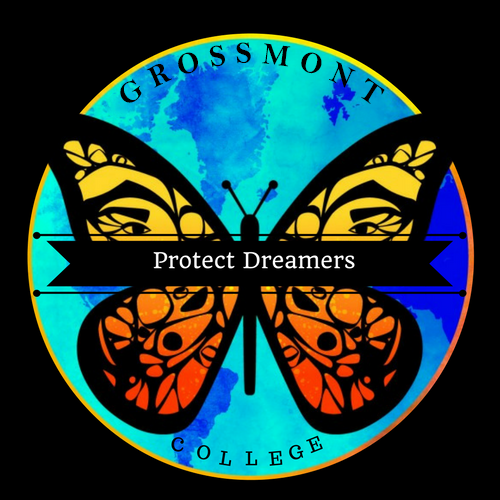Academic Integrity Policy
Student Resources
Importance of Academic Integrity:
Academic integrity forms the foundation of our intellectual community at Grossmont College. It is essential for maintaining the credibility and value of your degree, as well as the reputation of our institution. All members of our academic community are expected to uphold the highest standards of honesty and ethical conduct in their scholarly pursuits.
- Attribution: Properly credit all sources of ideas, words, and data used in your work.
- Original Work: Submit your own work unless explicitly permitted by your professor to collaborate.
- Honesty in Examinations: Complete all exams and assessments honestly and without unauthorized assistance.
- Respect for Intellectual Property: Protect your own academic work from misuse and avoid misusing others' work.
- Familiarize yourself with proper citation and referencing techniques for your course.
- The following websites include citation guidance using MLA, APA, and Chicago. If you are not sure which citation style to use, ask your professor:
- When in doubt about attribution or collaboration, consult your professor.
- Utilize available resources on academic integrity and proper research methods.
- Avoiding Plagiarism
- Grossmont College Library Resources:
- Library Resources
- Research Help: 24/7 Chat or text/call: (619) 644 – 7361
- A-Z Databases
- Grossmont College English Writing & Humanities Center
Consequences of Violations
Allegations of academic integrity violations are taken seriously and may result in:
- Student code of conduct action
- Grade penalties
- Repayment of Financial Aid
- Potential dismissal from the college
For information regarding reporting a violation of academic integrity please review Student Rights & Responsibilities. For further clarification and information regarding academic integrity, please contact Student Affairs at (619) 644-7600.
Academic integrity forms the foundation of our intellectual community at Grossmont College. It is essential for maintaining the credibility and value of your degree, as well as the reputation of our institution. All members of our academic community are expected to uphold the highest standards of honesty and ethical conduct in their scholarly pursuits.
Learn more about the Standards of Academic Integrity here.


